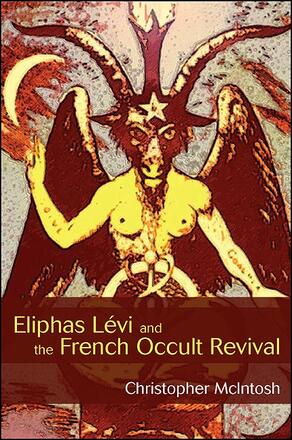
Eliphas Lévi and the French Occult Revival
Alternative formats available from:
A searching study of Eliphas Lévi and the French occult revival.
Description
This classic study of the French magician Eliphas Lévi and the occult revival in France is at last available again after being out of print and highly sought after for many years. Its central focus is Lévi himself (1810-1875), would-be priest, revolutionary socialist, utopian visionary, artist, poet and, above all, author of a number of seminal books on magic and occultism. It is largely thanks to Lévi, for example, that the Tarot is so widely used today as a divinatory method and a system of esoteric symbolism. The magicians of the Golden Dawn were strongly influenced by him, and Aleister Crowley even believed himself to be Lévi's reincarnation. The book is not only about Lévi, however, but also covers the era of which he was a part and the remarkable figures who preceded and followed him – the esoteric Freemasons and Illuminati of the late 18th century, and later figures such as the Rosicrucian magus Joséphin Péladan, the occultist Papus (Gérard Encausse), the Counter-Pope Eugène Vintras, and the writer J. -K. Huysmans, whose work drew strongly on occult themes. These people were avatars of a set of traditions which are now seen as an important part of the western heritage and which are gaining increasing attention in the academy. Christopher McIntosh's vivid account of this richly fascinating era in the history of occultism remains as fresh and compelling as ever.
Christopher McIntosh is a faculty member at the Centre of the Study of Esotericism, University of Exeter, England. He is the author of The Rose Cross and the Age of Reason: Eighteenth-Century Rosicrucianism in Central Europe and its Relationship to the Enlightenment, also published by SUNY Press.
Reviews
". ..one of the best English sources of information on this fascinating milieu. " — Heathen Harvest